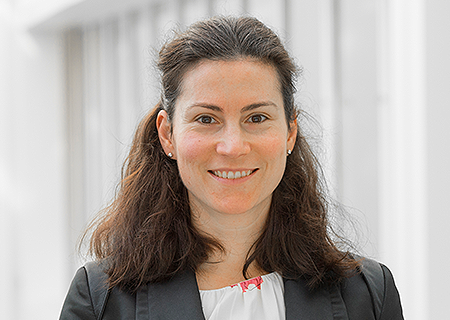Get in touch

Catalysis is essential for the sustainable production of chemicals from biomass. In the near future, innovative processes along with customized catalysts and equipment can make bio-based chemicals a real commercial opportunity for producers.
One example is the Topsoe MOSAIK™ solution for sugar cracking to a reactive intermediate. Depending on the further conversion a number of biochemicals can be obtained ranging from well-known commodities to new specialty chemicals. For example. hydrogenation yields MEG (monoethylene glycol) while retro-aldol chemistry gives MVG (methyl vinyl glycolate).

MOSAIK™-derived monoethylene glycol (MEG) is:
MOSAIK™-MEG will be demonstrated in partnership with Braskem in 2019, aiming to start up a commercial plant in 2023.
羧甲MOSAIK™派生甲基乙烯基(MVG) is:
For MOSAIK™-MVG we are continuously looking for Ideas for application partnerships. Suggestions are welcome.

MVG’s potential for commercially attractive catalytic transformations
Methyl vinyl glycolate (MVG) is available by zeolite catalyzed degradation of mono- and disaccharides and has the potential to become a renewable platform molecule for commercially relevant catalytic transformations. Read the article published in Green Chemistry where our experts report on these transformations into industrially promising compounds utilizing either metathesis or rearrangement reactions.
